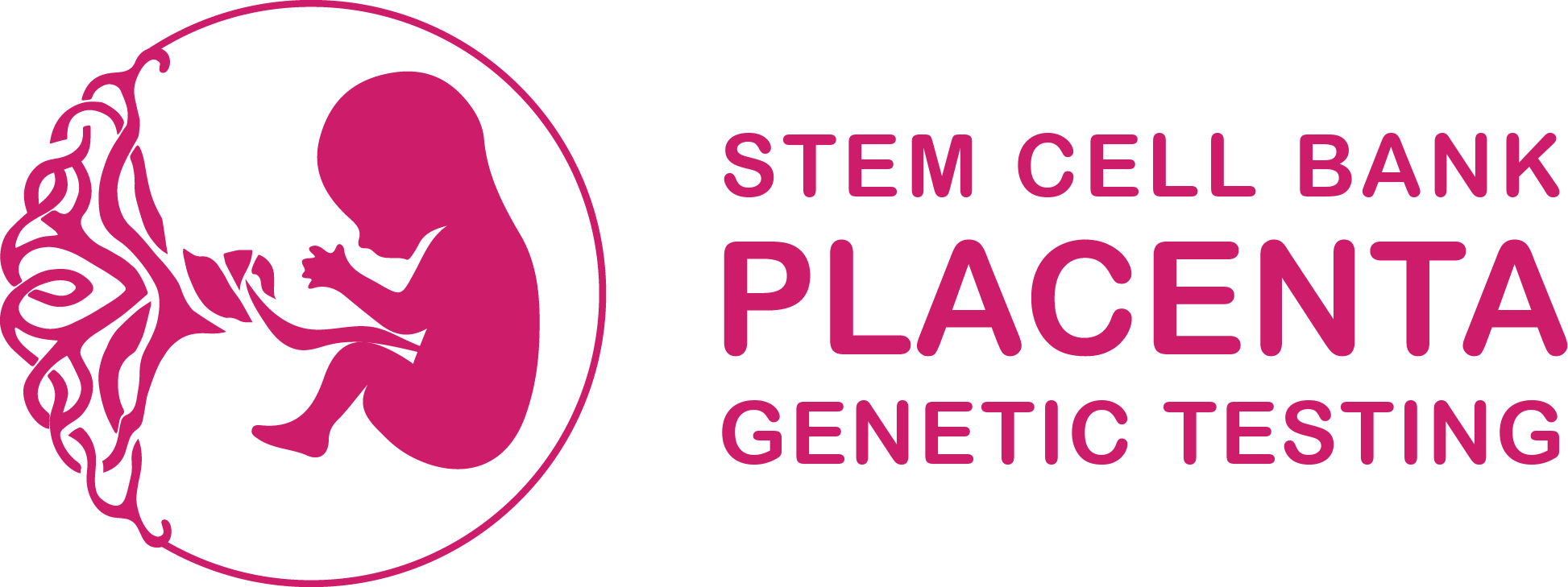FamiBlog
How much weight can you gain during pregnancy?
Most women gain weight during pregnancy. However, this weight gain should not be too great, as otherwise there is a risk of complications for the expectant mother and the baby. Find out how much you can gain during pregnancy and what influences a pregnant woman's weight.

12 January 2024
How much weight can you gain during pregnancy?
Every pregnant woman has her weight checked once a month at an appointment with her gynaecologist. How much weight an expectant mother gains during pregnancy depends on her BMI before pregnancy. The less a woman weighed before, the more weight she can gain during pregnancy. According to the recommendations, a woman with a BMI < 18.5 can gain up to 16-18kg. Women with multiple pregnancies can gain even more. If a woman was overweight before pregnancy, she should gain less weight, around 9kg.
How is the body weight of an expectant mother made up?
A pregnant woman's body weight is influenced by many factors. In addition to the enlarging uterus with the baby growing inside, the weight of the placenta and the volume of amniotic fluid also contribute to the weight gain of the expectant mother. During pregnancy, the volume of circulating blood also increases and the breasts grow in size and mass.
Nutrition during pregnancy
During pregnancy, you should not eat for two, but for two. The basic idea is that the diet should be varied and rich in nutrients. For overweight women, it is advisable to consult a nutritionist to discuss and plan a proper and healthy diet.
Highly processed and excessively sweetened products should be avoided during pregnancy. The diet should contain cereal products, vegetables, dairy products and vegetable fats. Animal fats should be limited.
Is it possible to lose weight during pregnancy?
During pregnancy, you should not diet to lose weight or starve yourself. During this time, the baby needs nutrients for proper development. A diet with a low content of trace elements and minerals can lead to complications, e.g. iron deficiency anaemia. If the expectant mother does not want to gain too much weight during pregnancy due to her original body weight, she should consult her gynaecologist and a nutritionist.
What are the risks if a pregnant woman gains too much weight?
Excessive weight gain can lead to complications such as gestational diabetes and high blood pressure. The baby may develop foetal macrosomia, which can lead to shoulder dystocia at birth. In the future, the baby may struggle with obesity or metabolic syndrome. Pregnancies in overweight women are also more likely to end in a caesarean section. Excess body weight puts the woman at risk of obesity later in life, which can lead to the development of chronic diseases such as high blood pressure or type 2 diabetes.
Sie interessieren sich auch für:
Intimate infections during pregnancy
Many expectant mothers struggle with the annoying symptoms of intimate infections during...
Sore throat during pregnancy
A sore throat is a relatively common condition that also affects pregnant women. However, not all...
Eating raw meat during pregnancy
During pregnancy, the expectant mother has many desires. But not all of them can be freely...
Stem cells and cord blood
Bone marrow was the primary source of stem cells (bone marrow transplantation involves...































